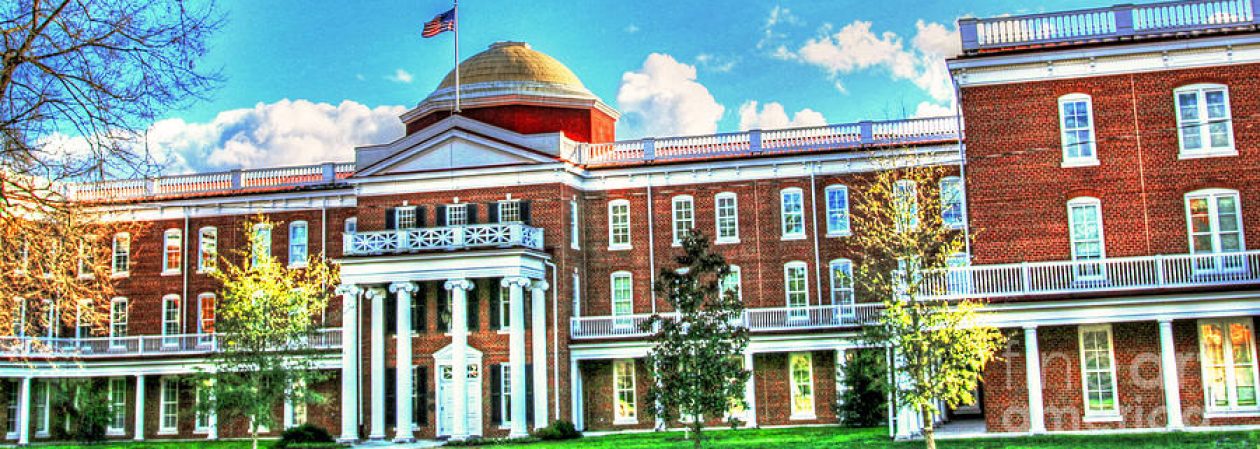Longwood Seminar is a class required for every student, but it is one class I will always be grateful for. In the chaos of first semester freshman year, LSEM was a class for preparation, reflection, and improvement. In this class we discussed ways to manage our new schedules, communicate with professors, and study effectively. An important assignment was the mid-semester reflection, which I have included below in this article.
The mid-semester reflection gave us me and opportunity to stop and evaluate our current progress, ways to improve in classes, and finally a plan of action in those classes. I have done mid-semester reflections, as a self check, in most of my classes to evaluate the same things: progress, improvement, plan of action. This strategy allowed me to learn how to study a study plan or get more help from a professor before I got too deep in the class to be able to recover or regroup.
In my first semester, I was taking Biology 250, which seemed impossible at the time. In LSEM, I learned that using office hours were very effective for me because I needed one-on-one time to push through something that was hard to understand. I still require this strategy of one-on-one time in my harder, more advanced classes such as anatomy, biochemistry, and organic chemistry. Also in my mid-semester reflection, I wrote about implementing a study plan. I had a test in History 100 coming up and I made a plan for each day to cover a certain amount of material that would allow me to avoid cramming the night before the test. Typically, I took the amount of chapters being covered by the test and divided them equally among the days I had to my test. In biochemistry last semester, I lived by the same study schedule I made my freshman year.
Learning how to handle college classes and how to be successful during LSEM was a huge part of my college career. I am grateful that I was taught that there I always have the ability and resources to figure out a new way to be successful in even the most challenging of classes.
